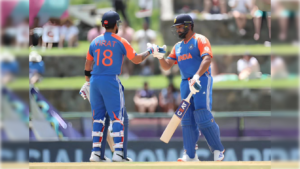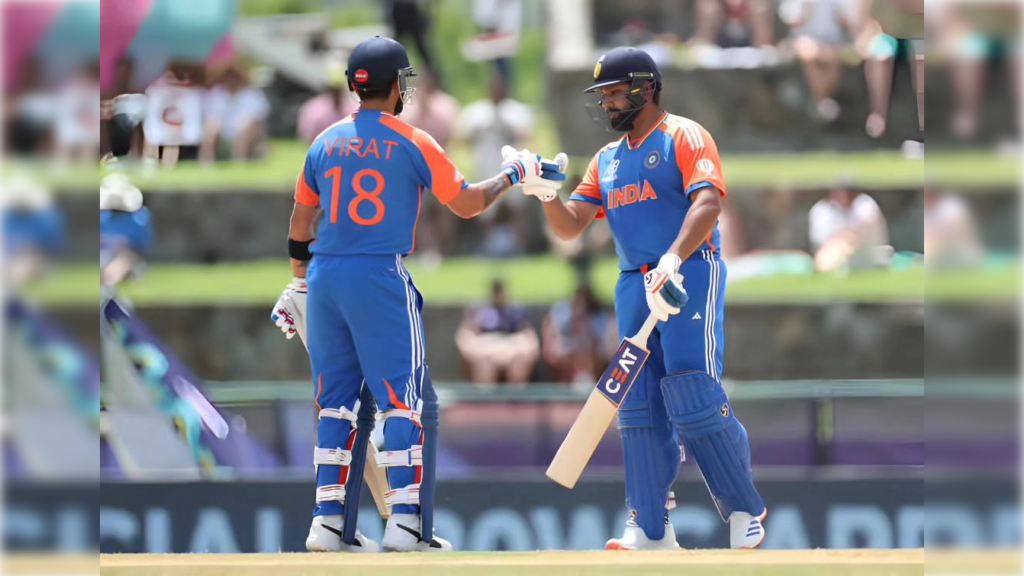
Boria Majumdar
Now that the dust has settled on the selection for the Australia series, it’s time to take a dispassionate look at things. Clearly, the transition in Indian cricket is on its way to being complete. Ajit Agarkar’s selection committee has gone about its job with a certain degree of ruthlessness, and while one can question the haste, the intent is to make sure the new captain has adequate time ahead of World Cup 2027 to fashion his own team.
As far as Rohit Sharma and Virat Kohli are concerned, I don’t see either of them playing on too long. If they want to, they will need to play domestic cricket, and that’s where the issue might arise. It is clear they will be expected to do so, and it will be interesting to see what each one does. With very little international cricket in the 50-over format, how they keep themselves game-ready is the big question. The Australia series will provide some answers, for neither has played cricket since the IPL.
As far as the Test team is concerned, Shubman Gill now has free rein. He can fashion the team with Gautam Gambhir and, in every sense, it is his team. How Gill deals with the presence of Kohli and Rohit in the change room in Australia will be interesting to see. They are former captains and real stalwarts. While sport has a way of making things work, it might not be easy for anyone. This is yet one more reason why the next few months could be intriguing to watch.
Coming to the issue of the duo being non-committal, I don’t read too much into it. Both Kohli and Rohit have given hints in the past that they want to continue till 2027. Abhishek Nayar, for example, has said the same, having worked closely with Rohit. Kohli had also said so in a public event. It could well be that they’d like to see how things shape up in Australia and beyond before making a public announcement on the matter.
Also, it would be unfair to judge them series by series. Anyone can have a bad series. Suryakumar Yadav did not have a good Asia Cup, for example. Rather, they should be given a cluster of matches – Australia, South Africa and New Zealand (a total of 9 ODIs) – before one arrives at any kind of conclusion. If they perform, there is no reason to ask anyone to retire. As I have said a million times before, retirement is a personal call.
The selectors can surely change the captain, and they have. But to play on or not is the decision of the player. They will want to perform, and if they do so, it is their call to decide whether to put themselves up for selection or not. In fact, the reason Rohit opted to travel to Australia is because he wants to play on. Knowing that he wouldn’t captain the side, he could well have decided to call it a day. That he did not means he wants to play and believes that he still has the game. Whether he can push on for two more years and have a Sachin Tendulkar-like reinvention in his late 30s is something we will have to wait and see.
Every game the two play will now turn into a blockbuster. A format that could have lost importance with the World Cup two years away is now the most awaited one. Every ODI will be consumed, and the broadcaster will have a field day. Their presence has given the format a fresh whiff of life, and that’s the big takeaway for the next few months.
Finally, in Australia, the results won’t be of much significance. What people will want to watch is how these two stalwarts go about their job. Can Rohit give India the starts and will he continue with the same aggressive approach at the top? Will Kohli hold the innings together like he has always done? Whatever the case, Diwali or Kali Puja will be spent watching India versus Australia. That’s now a given for millions of Indians.
Follow Revsportz for latest sports news





